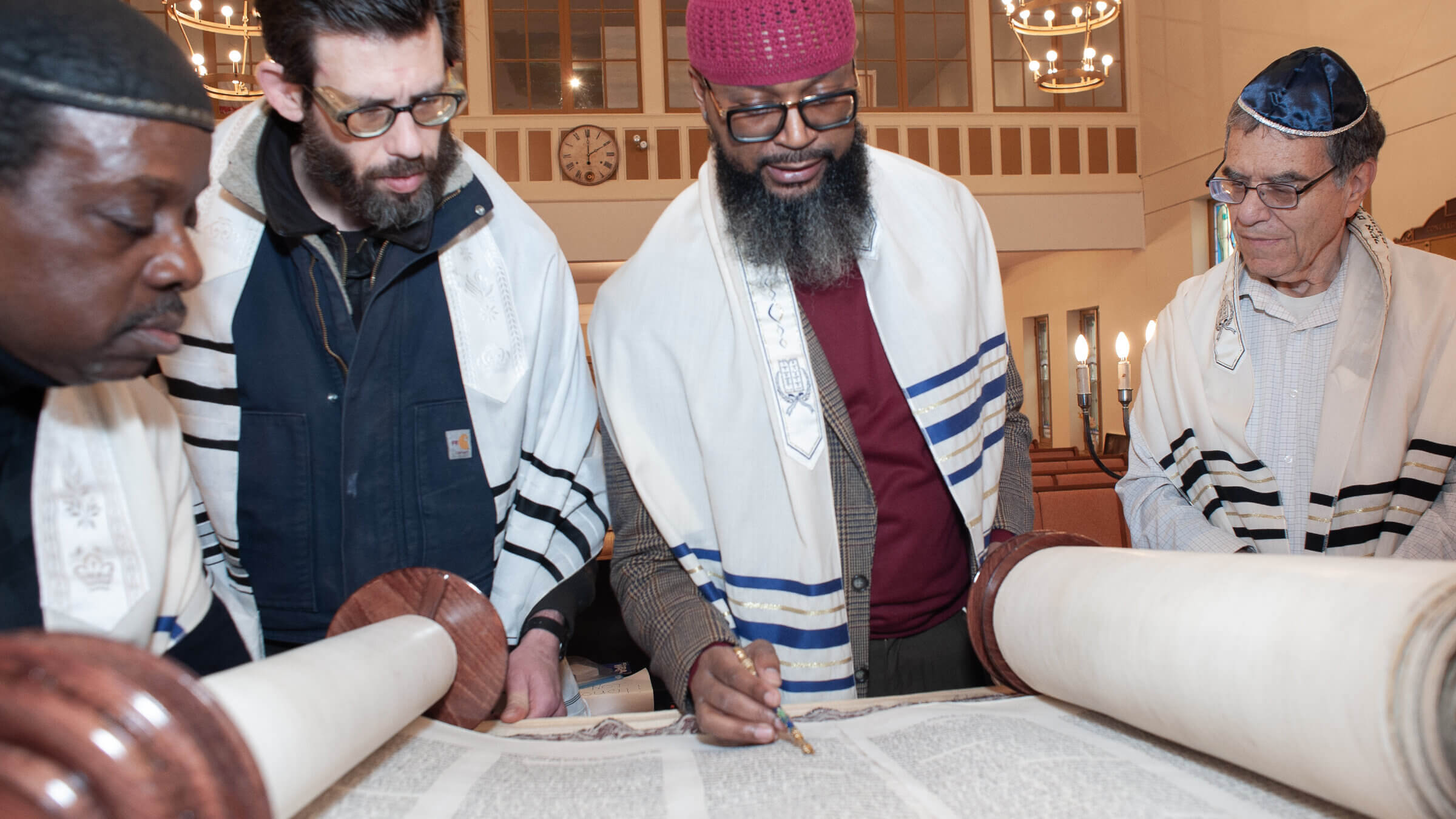Gallery
Photos from events, contest for the best costume, videos from master classes.
 |  |
 |  |
 |  |
 |  |
 |  |
 |  |
Thus, the question of whether it’s appropriate for Jews to celebrate Valentine’s Day is reasonable. The answer would seemingly be tied to the true origins of the holiday and the history of the saint for whom it’s named. Though this ritual didn’t quite survive the destruction of the Second Temple, many modern-day Israeli Jews treat the holiday as, for lack of a better term, a Jewish Valentine’s Day, sharing flowers, romantic dinners and even proposing marriage on Tu B’Av. So where does this leave us? Judaism certainly believes in celebrating love – whether that love is between spouses, a caregiver and child, relatives, or good friends. A little-known holiday is Tu B'Av (the fifteenth of Av – which falls in mid to late summer). Do Jews Celebrate Valentine's Day? As Jews, we may not be sure whether it's proper for us to join the party. After all, for the longest time the full name of this holiday was “St. Valentine's Day” because of its legendary link with the apocryphal story of one of the earliest Christian saints. Almost every sector in Jewish Israeli society prefers to celebrate Tu B'av over Valentine's Day. Meaning, both secular and religious Jews celebrate the national “day of love” more than the international one. The gaps, of course, still vary by group. In 1349, Jews gained yet another reason to associate St. Valentine’s Day with dread and horror instead of romance. The Bubonic Plague was sweeping Europe and in many locales, Jews were accused of spreading the disease. Many Israelis celebrate this day of love in the summer on Tu B’Av. Here’s a rundown on everything you need to know about “Jewish Valentine’s Day.” What is Tu B’Av? Tu B’Av is the 15th of the Hebrew month of Av (which takes place in the late summer). In 2023, it began at sunset on Tuesday, August 1, and ended in the evening of Wednesday, August 2. According to a 2019 survey by the Jewish People Policy Institute, Jewish Israelis generally prefer to celebrate love on Tu B’Av as opposed to Valentine’s Day, but many observe both holidays. To understand the difference between the two, you need to go back, way back, to around the 5th and 6th centuries B.C.E. Even though Tu B’Av may not be on many people’s Jewish radars, it is still a holiday today. (For example, we do not say the Tachanun prayer, which is omitted on holidays.) So Valentine’s Day? Not for Jews. That’s for ancient Romans, Catholics, and greeting card companies. There has been some controversy over whether Jews should celebrate Valentine’s Day due to the holiday’s Christian and pagan roots. The holiday is named for the Christian saint Valentine and many historians believe it began as a brutal festival called Lupercalia in ancient Rome. The amazing Rabbi Mike Uram offers his assessment of whether or not it is problematic for Jews to celebrate Valentine’s Day, so feel free to read his view, or any other that you like. But what I want to say about this is: many Americans Jews (dare I say – the majority) feel the same way I do and like celebrating “Hallmark holidays” like It should be noted that Tu B’Av, like several Jewish holidays (Passover, Sukkot, Tu Bishvat) begins on the night between the 14th and 15th day of the Hebrew month, since this is the night of a full moon in our lunar calendar. Linking the night of a full moon with romance, love, and fertility is not uncommon in ancient cultures. Maybe this Valentine’s Day, February 14, 2022, is especially a sweet time to really express our love to everyone we’ve missed sharing in-person time with, hugs, kisses and all that direct human interaction brings to the soul. Do Jewish people celebrate Valentine's Day? Is it Kosher?! Where did the holiday originate, is it Christian in origin with St. Valentine or does it connect t And that is what got me thinking: is Valentine’s Day an appropriate celebration for Jews? Valentine’s Day isn’t really a religious holiday. Yes, there is a saint distantly associated with it, but we all know that it’s a secular holiday. And it is one that celebrates love. Hey, Judaism is in favor of love. When it comes to celebrating love, Israelis generally prefer not to do so on Valentine's Day, according to a survey by the Jewish People Policy Institute. alentine's Day as compared with Tu B'Av Although Valentine’s Day no longer has any religious elements outside of its name, it still has undeniably Christian origins and an ongoing association with Christianity; there has even been some discussion of whether Jews should celebrate it. The saddest period in the Jewish yearly cycle takes place in the summer months. Beginning with the 17th of Tammuz, which marks the breaching of the Temple walls by the Romans in 70 CE, our tradition calls for increasing mourning, climaxing three weeks later on the 9th of Av (Tishah B’Av), when the Temple was destroyed. What does Valentine's Day have to do with Judaism? [From the Rib?] Video dating for Orthodox singles? [Tablet] "Love is in the Air": a collection of stories about the first year of marriage. Do Jews Celebrate Valentine’s Day? January 27, 2013 Sandra Taradash Baby Boomer Bubbe , Jewish Baby Boomers , Thought Pieces 0 Not sure if it was Hallmark, Macy’s or Congress (guessing the economy would be helped by the public’s spending) that decided we needed February 14 to express our love to those we cherish 24/7/365 days a year.
Articles and news, personal stories, interviews with experts.
Photos from events, contest for the best costume, videos from master classes.
 |  |
 |  |
 |  |
 |  |
 |  |
 |  |